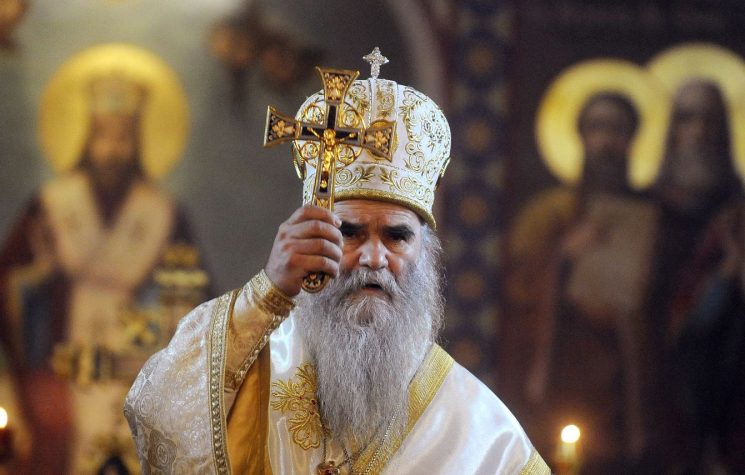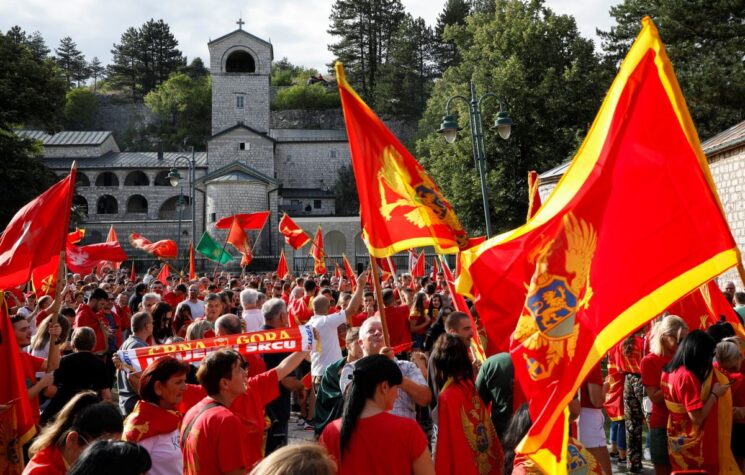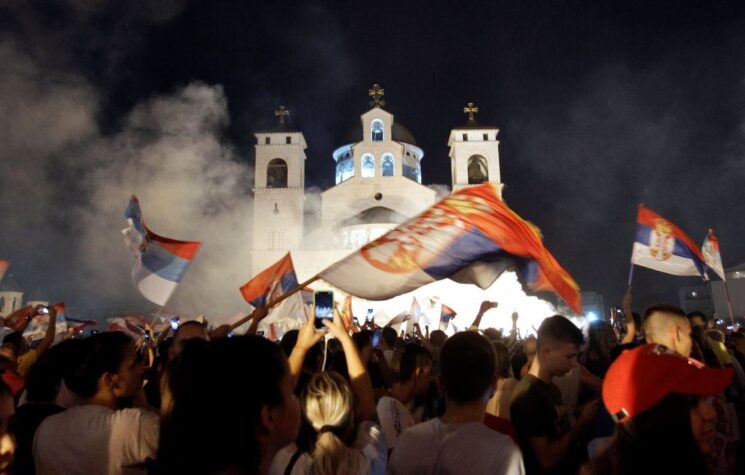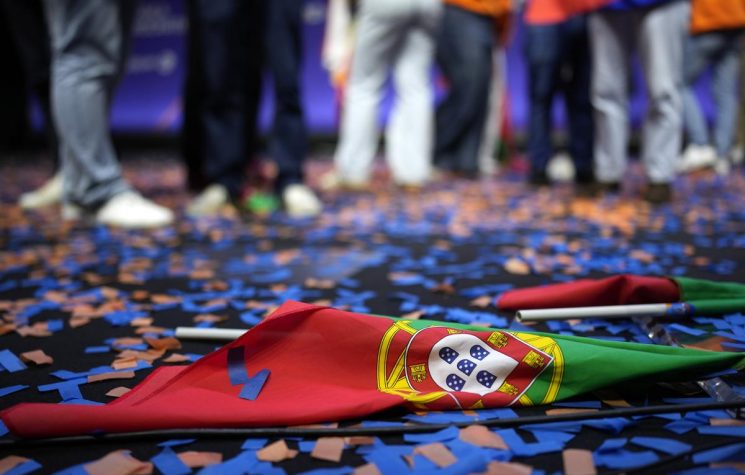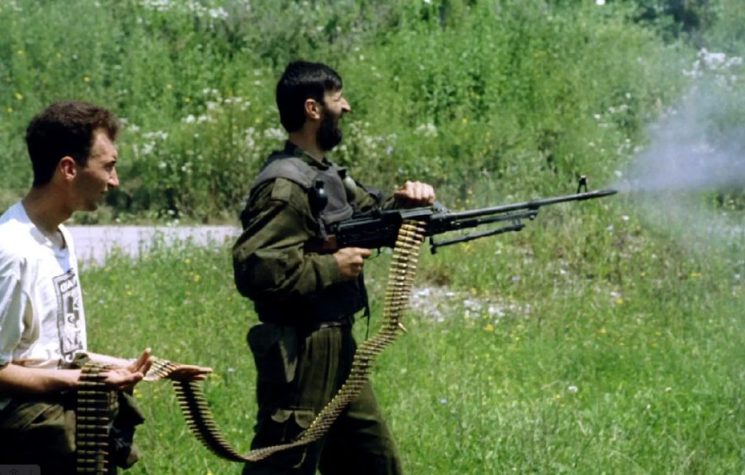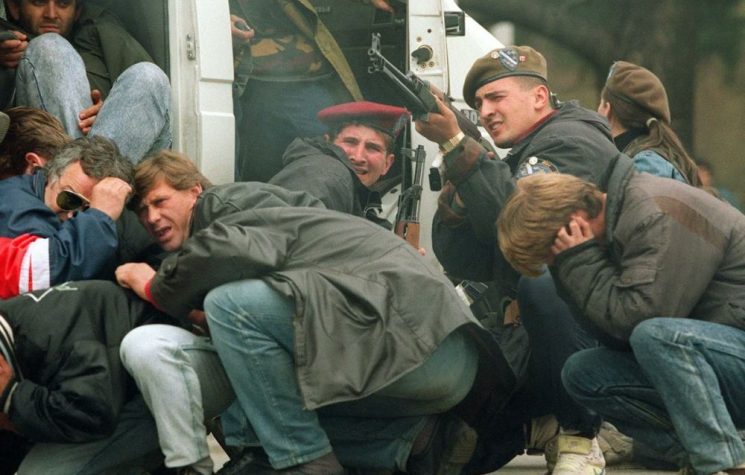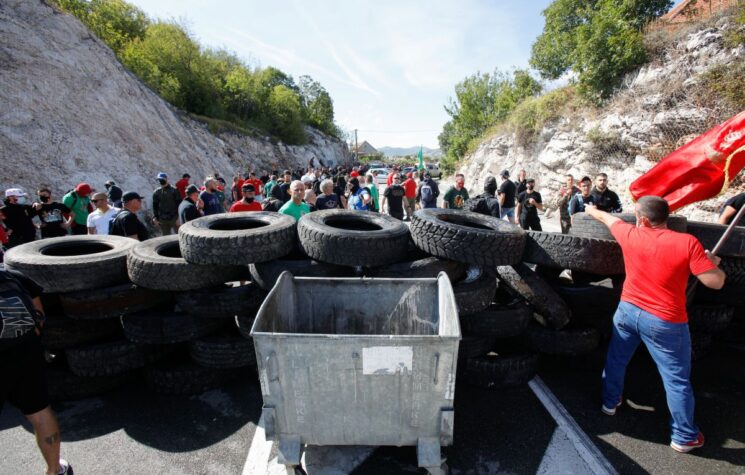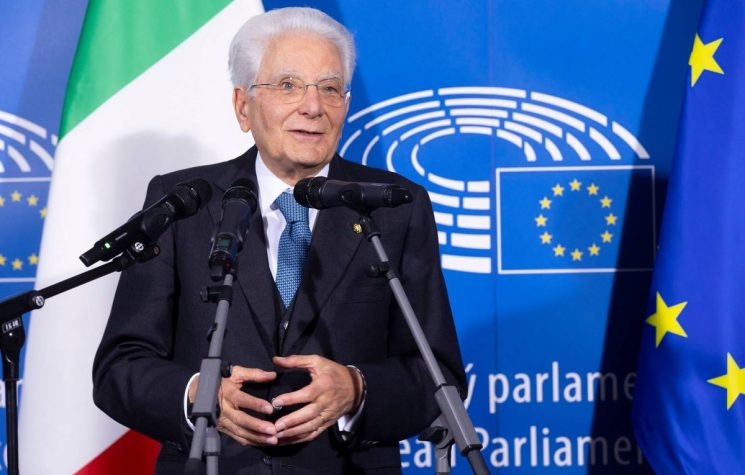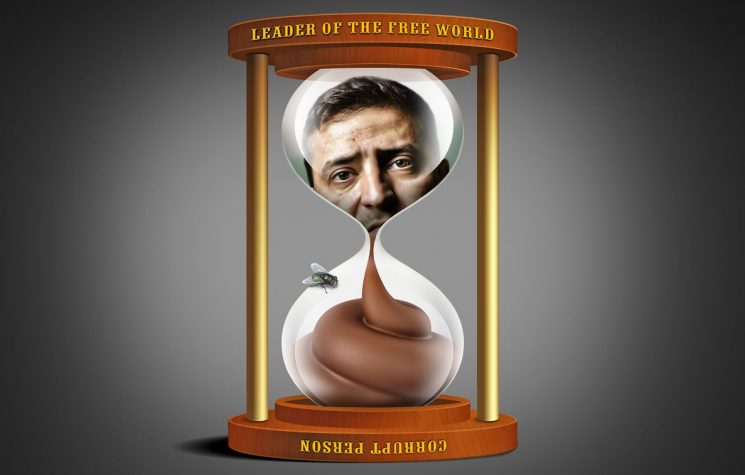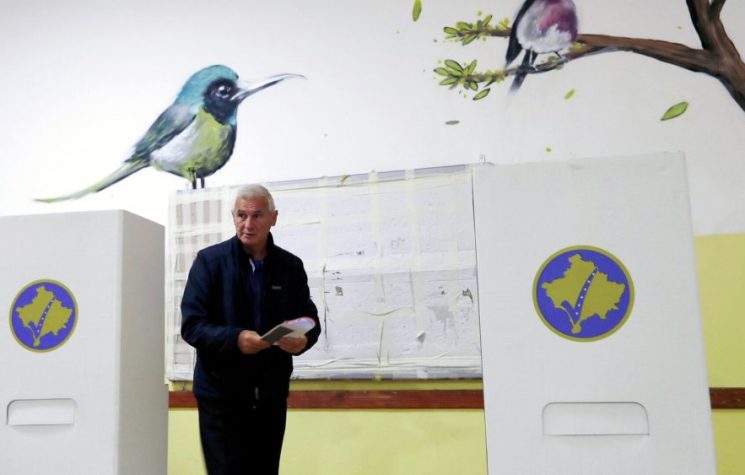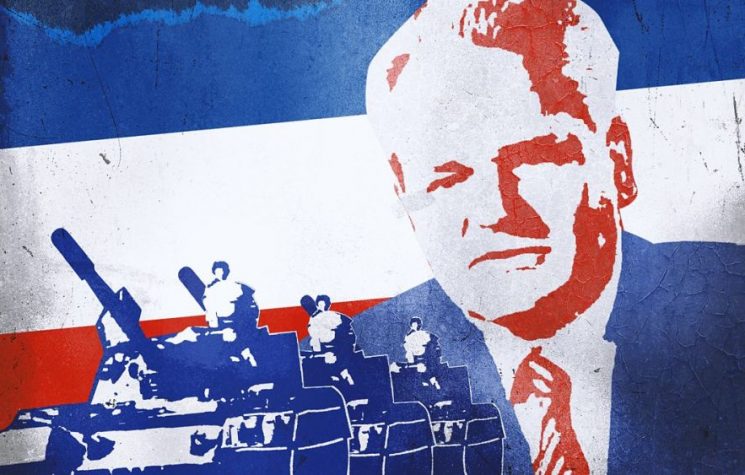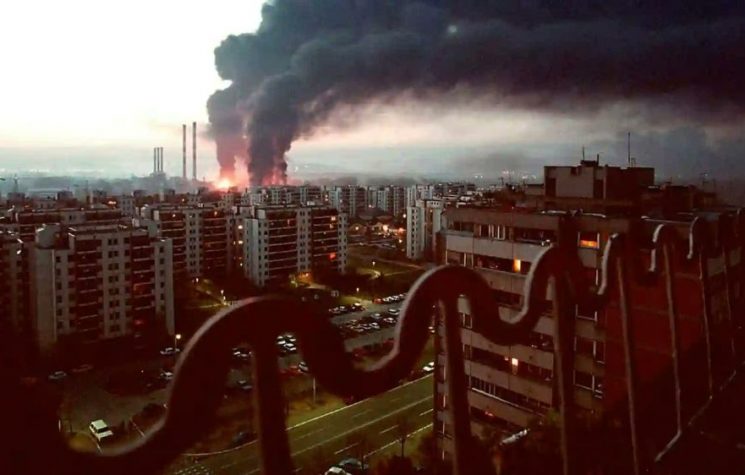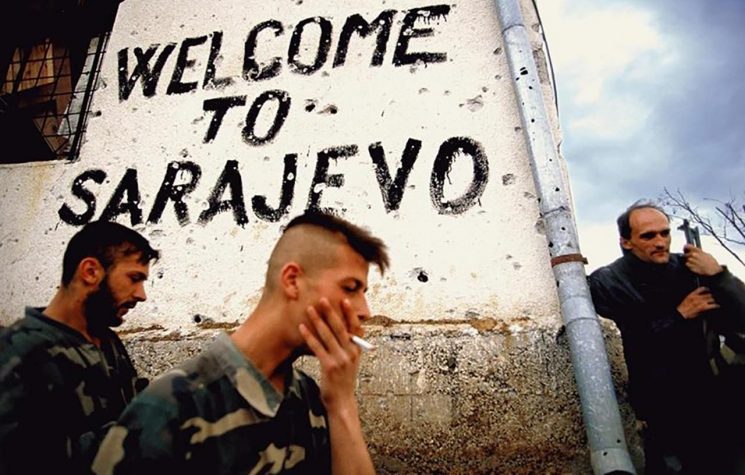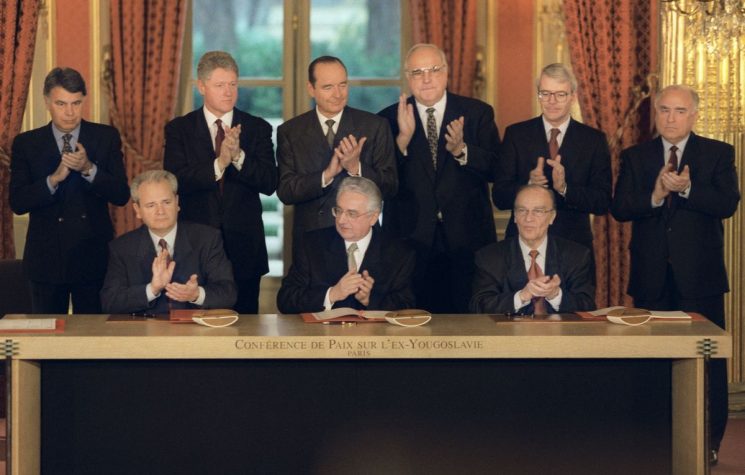Remember the Brezhnev Doctrine? The informally named foreign policy put forth by Soviet leader Leonid Brezhnev in 1968 following the Prague Spring, by which no communist country was to be allowed to abandon communism or even leave its sphere of influence, at the cost of armed intervention by other communist countries? It was supposed to have been relegated to the ash heap of history with the disappearance of the Warsaw Pact and Soviet Union. But maybe not. Witness Montenegro.
The August 30 parliamentary elections in this coastal former Yugoslav republic of some 620,000 people brought electoral defeat to the party of Montenegrin strongman and current president Milo Djukanovic for the first time in some 30 years. This was proclaimed by some as the long-awaited fall of the Berlin Wall in that country, seeing that the ruling Democratic Party of Socialists (DPS) had seamlessly evolved from the League of Communists of Montenegro at the beginning of the 1990s, thus making its rule basically uninterrupted since the communist takeover of Yugoslavia in 1945. On September 23, the three opposition lists that won a narrow 41 seat majority in the 81-seat parliament elected the parliament’s new president and formally proposed the leader of the “For the Future of Montenegro” list, mechanical engineering professor Zdravko Krivokapic, as the new prime minister. Djukanovic has 30 days to offer him the mandate to form a government. In theory, he can offer it to someone else, but only Krivokapic has secured a majority. In any case, a new government must be either confirmed by parliament within 90 days or new elections called.
However, while to the casual observer the “Montenegrin Spring” appears to be in full bloom, it seems that some things are not open to democratic or any other debate after all. In the first place, the country’s pro-Western course, most importantly its NATO membership, EU integration path and the recognition of Serbia’s breakaway Kosovo province. Which tells us much about where we have arrived some three decades after the West’s proclaimed victory in the Cold War, and Fukuyama’s annunciation of the “end of history” and the final victory of “liberal democracy.”
Of course, there are no NATO troops concentrating at the Montenegrin border, no overt threats of foreign armed intervention – yet. Which is not to say that there are no threats at all. In fact, Djukanovic, a recent winner of the “Person of the Year in Organized Crime” award, has threatened violence twice in the space of several days, just in case the new government should decide to stray from the “correct” path.
In a recent interview for Sarajevo’s FACE TV, after speaking approvingly of the new majority’s assurances that the country would not veer from its westward course, Djukanovic nevertheless warned that he was prepared to defend Montenegro “from the woods if necessary,” invoking the country’s long history of armed resistance to attacks on its “statehood.” He also threatened to “demolish” any stone used to build a new church in the old capital of Cetinje – which was clearly an arrow aimed at the Serbian Orthodox Church, which led the mass resistance to Djukanovic’s Orwellian “Law on Religious Freedom” that turned out to be driving force behind his party’s election loss.
Djukanovic reiterated his threat in another interview several days later, throwing in, for good measure, the usual westward-directed virtue signaling and scaremongering about the Russian and Serbian threat to Montenegrin statehood and all that is great and good in the world.
What should be noted here is not just Djukanovic’s ominous rhetoric but the uniform silence with which it has been greeted by Western embassies and capitals, otherwise quick to detect and decry phantom Russian (and, locally, Serbian) threats at the drop of a hat. Which shows that the new parliamentary majority will be under the watchful eye of Brussels, Washington, London, Paris and Berlin, who are still counting on Djukanovic, warts and all, as a viable insurance policy just in case Montenegrins start getting some ideas of their own about how to run their country and start taking democratic choice a tad too seriously.
So, while Djukanovic is allowed to casually sling threats of violence from the sidelines, ready to pounce at his opponents’ slightest misstep, the new democratically elected majority is compelled to offer endless pledges of fealty to the country’s “unalterable” pro-Western course. Note, for example, the inquisitorial tone of a question posed to Krivokapic in a recent Deutsche Welle interview: “Djukanovic has distanced himself from Milosevic, declared Montenegro’s independence, supported EU sanctions against Russia, recognized Kosovo and entered NATO. How will you convince Brussels and Washington that you will not change his Western-supported foreign policy course, which is not supported by your own supporters, especially the pro-Serbian and pro-Russian parties in coalition with you?”
Naturally, Krivokapic assured his interrogator that neither he nor his political partners had any intention of straying from the Washington/Brussels party line or path, pointing to their coalition agreement as proof. In a nutshell, to quote Brezhnev’s famous policy speech given to Polish workers in November 1968, Krivokapic and company assured Western comrades that “none of their decisions should damage either socialism democracy in their country or the fundamental interests of other socialist democratic countries, and the whole working class democratic movement, which is working for socialism democracy.”
And, taking no chances, in a subsequent article written for the Washington Times, Krivokapic additionally reassured the Westintern that the new majority’s three-way agreement “guaranteed not only to maintain Montenegro’s commitment to NATO membership but to deepen our place in the alliance; and we pledged to accelerate reforms that can take our country into the European Union.”
In his defense, this approach is basically understandable, as Krivokapic and his partners are well aware of all the obstacles they will face tackling their most important challenges, which are of an internal nature – deconstructing Djukanovic’s corrupt political machine, opening up the media for diverse political views, ending anti-Serb discrimination, voiding or amending the afore-mentioned Law on Religious Freedom, reforming the judicial system and coming to terms with the country’s high indebtedness and rising unemployment, exacerbated by the destruction of the tourist season as a result of the COVID-19 pandemic.
But of course, even internally, we can be sure that the neo-Brezhnevite guardians of Western “fundamental interests” will be closely watching for any kind of opening to Russian, Serbian or Chinese “malign influence,” even if it might be economically beneficial to this impoverished country. That’s where Krivokapic may run into trouble down the road as, set-in-stone foreign policy pledges notwithstanding, he has also unequivocally stated that Serbia and Montenegro are “the closest of states,” that “the Russian Federation is our brotherly country and great, centuries-long friend” and that he and his political allies are “obliged to repair our political relations with Russia, as well as Serbia.” He also did not neglect to remind that Djukanovic had granted recognition to so-called Kosovo despite the fact that, quoting Montenegro’s outgoing prime minister, “85% of Montenegro’s citizens were against the recognition of Serbia’s southern province.” In the eyes of the Westintern, such views are doubtlessly seen as double-plus-ungood.
Which means that more “pro-democratic” reinforcements are bound to be brought in, such as the former commander of U.S. forces in Europe, Ben Hodges. In a recent interview for the pro-Djukanovic Pobjeda daily, Hodges, now an associate of the neocon CEPA Washington think tank, gently reminded the future government that it is “expected to fulfill its NATO obligations,” while sending the usual barrage of unsubstantiated accusations Russia’s way, covering everything from using “force, disinformation and poison” to being responsible for Syria’s refugee crisis and other similar nonsense.
In observing the situation in Montenegro, the words of former England striker Gary Lineker come to mind, “Football is a simple game – 22 men chase a ball for 90 minutes and at the end, the Germans always win.” What the collective West seems to be saying to Montenegrins these days is, “Democracy is a simple game – the people cast their ballots on election day and at the end, NATO and the EU always win. Or else…”
Behind the new Democratic Curtain, the Brezhnev Doctrine has found new life.










